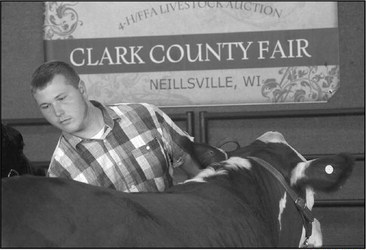With Fair cancelled, youth have to find market animal buyers


Even though the Clark County Fair has been cancelled this year, for some members of area 4-H clubs and FFA chapters, the Fair isn’t over yet. Having spent the last several months...
